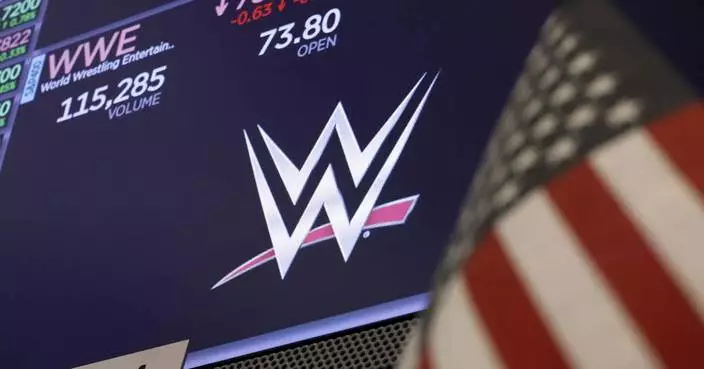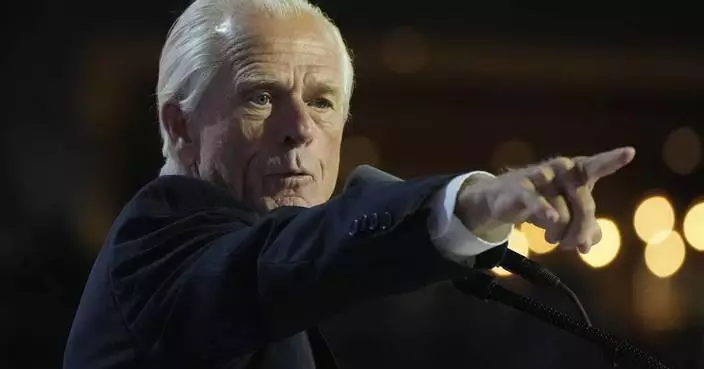ATLANTIC CITY, N.J. (AP) — Lawmakers from states where gambling is legal are proposing standards for additional states that are considering allowing internet gambling, including a tax rate of 15% to 25%, and a ban on credit card deposits.
The National Council of Legislators from Gaming States issued model legislation last week for states that are weighing whether to permit internet gambling. The proposal will be discussed at the group's winter meeting in New Orleans next week.
It is designed to give them a framework around which to build their own legislation while incorporating things that have been working well in other states.
Seven U.S. states currently offer legal online casino games: Connecticut, Delaware, Michigan, New Jersey, Pennsylvania, Rhode Island and West Virginia. Nevada offers internet poker but not online casino games.
“Many states have been discussing this, but were having a hard time getting it across the finish line,” said Shaun Fluharty, a West Virginia Democratic state delegate who serves as president of the national legislators group. “We're trying to put together some best practices for them.”
The proposed legislation is modeled closely on laws that have been operating in states including New Jersey, which has been a leader in approving and regulating internet gambling since 2013. David Rebuck, the retired head of New Jersey's Division of Gaming Enforcement, advised the lawmakers’ group on the proposed legislation.
“Ninety-five percent of this mirrors what we're already doing in New Jersey, which is good,” he said. “It's a great start that builds on what is already in place and operational elsewhere.”
It calls for strict oversight of internet gambling to protect consumers and weed out unsavory individuals and companies. The proposal also calls for the establishment of a government agency to regulate online wagering if one does not already exist.
It would limit deposits to $20,000 in any 24-hour period and prohibit the use of credit cards to fund gambling accounts.
A suggested tax rate of 15% to 25% is a starting point for discussions, Fluharty said. That range is above what some states charge, but far less than others, such as Pennsylvania, which taxes online sports betting at 36% and online slot machine games at 54%.
Fluharty said the national average for online gambling tax rates is 19%. West Virginia taxes them at 15%.
“The thinking was we didn't want to form a barrier to entry into the market with a high tax rate that only the biggest companies could afford,” he said.
Fluharty said Maryland has been trying to enact internet gambling, which made it through the House but not the Senate in April. He also said other states including Ohio and Louisiana have been considering their own online gambling measures. New York lawmakers have been trying to enact online casino gambling with a 31.5% tax rate without success but did allow online sports betting.
Rebuck predicted that more states will give internet gambling a serious look in the new year as budget pressures mount.
“A number of states are being cautious about their budgets, and if they're looking at this as a potential revenue driver, it's pretty significant,” he said.
New Jersey's 13% tax on online sports betting and 15% tax on online casino games brought in over $414 million in tax revenue last year. It has nearly matched that figure through just the first 10 months of this year.
The group's proposal does not attempt to set national standards. Gambling is largely regulated by states, and sporadic attempts to enact nationwide laws on it have gone nowhere in recent years.
President-elect Donald Trump has repeatedly said he favors letting states decide important questions. During his first term as president, Trump did not act to impose nationwide regulations on the gambling industry of which he once was a member, with three casinos in Atlantic City.
Follow Wayne Parry on X at www.twitter.com/WayneParryAC

Elaine Vallaster looks at the screen of her computer tablet while playing an internet slots game in Hazlet, N.J. on Nov. 24, 2023. (AP Photo/Wayne Parry)

Elaine Vallaster reacts to a winning spin while playing an internet slots game on her tablet in Hazlet, N.J. on Nov. 24, 2023. (AP Photo/Wayne Parry)
NEW YORK (AP) — U.S. stock indexes are rising toward more records Wednesday after tech companies talked up how much artificial intelligence is boosting their results.
The S&P 500 rose 0.3% in afternoon trading to add to what looks to be one of its best years of the millennium. It’s on track to set an all-time high for the 56th time this year after coming off 10 gains in the last 11 days.
The Dow Jones Industrial Average was up 162 points, or 0.4%, as of 1:50 p.m. Eastern time, while the Nasdaq composite was adding 0.9% to its own record.
Salesforce helped pull the market higher after delivering stronger revenue for the latest quarter than analysts expected, though its profit fell just short.
CEO Mark Benioff highlighted the company’s artificial-intelligence offering for customers, saying “the rise of autonomous AI agents is revolutionizing global labor, reshaping how industries operate and scale.” The stock of the company, which helps businesses manage their customers, rose 8.7%.
Marvell Technology jumped even more after delivering better results than expected, up 23.9%. CEO Matt Murphy said the semiconductor supplier is seeing strong demand from AI and gave a forecast for profit in the upcoming quarter that topped analysts’ expectations.
They helped offset a drop of 8.9% for Foot Locker, which reported profit and revenue that fell short of analysts’ expectations.
CEO Mary Dillon said the company is taking a more cautious view, and it cut its forecasts for sales and profit this year. Dillon pointed to how keen customers are for discounts and how soft demand has been outside of Thanksgiving week and other key selling periods.
Retailers overall have offered mixed signals about how resilient U.S. shoppers can remain. Their spending has been one of the main reasons the U.S. economy has avoided a recession that earlier seemed inevitable because of high interest rates brought by the Federal Reserve to crush inflation. But shoppers are now contending with still-high prices and a slowing job market.
This week’s highlight for Wall Street will be Friday’s jobs report from the U.S. government, which will show how many people employers hired and fired last month. A report on Wednesday morning may have offered a preview of it.
The report from ADP suggested employers in the private sector increased their payrolls by less last month than economists expected. Hiring in manufacturing was the weakest since the spring, according to Nela Richardson, chief economist at ADP.
The report helped solidify traders’ expectations that the Fed will cut its main interest rate again when it meets in two weeks.
The Fed began easing its main interest rate from a two-decade high in September, hoping to offer more support for the job market. It had appeared set to continue cutting interest rates into next year, but the election of Donald Trump has scrambled Wall Street’s expectations somewhat.
Trump's preference for higher tariffs and other policies could lead to higher economic growth and inflation, which could alter the Fed’s plans.
Another report on Wednesday morning said health care, finance and other businesses in the U.S. services sector are continuing to grow, but not by as much as before and not by as much as economists expected.
One respondent from the construction industry told the survey from the Institute for Supply Management that the Fed's rate cuts have not pulled down mortgage rates as much as hoped yet. Plus “the unknown effect of tariffs clouds the future.”
In the bond market, the yield on the 10-year Treasury fell to 4.19% from 4.23% late Tuesday.
On Wall Street, Campbell's fell 6% for one of the S&P 500's sharper losses despite increasing its dividend and reporting a stronger profit for the latest quarter than analysts expected. Its revenue fell short of Wall Street's expectations, and the National Football League's Washington Commanders hired Campbell's CEO Mark Clouse as its team president.
Campbell's said Mick Beekhuizen, its president of meals and beverages, will become its 15th CEO following Clouse's departure.
Gains for airline stocks helped offset that drop after JetBlue Airways said it saw stronger bookings for travel in November and December following the presidential election. It said it's also benefiting from lower fuel prices, as well as lower costs due to improved on-time performance.
JetBlue jumped 8.2%, while Southwest Airlines climbed 1.7%.
In stock markets abroad, South Korea’s Kospi sank 1.4% following a night full of drama in Seoul.
President Yoon Suk Yeol was facing possible impeachment after he suddenly declared martial law on Tuesday night, prompting troops to surround the parliament. Yoon accused pro-North Korean forces of plotting to overthrow one of the world’s most vibrant democracies. The martial law declaration was revoked about six hours later.
Samsung Electronics fell 0.9% in Seoul. The country’s financial regulator said it was prepared to deploy 10 trillion won ($7.07 billion) into a stock market stabilization fund at any time, the Yonhap news agency reported.
In France, political turmoil has also been rising as the government faces a no-confidence vote Wednesday in parliament following a divisive budget debate. The CAC 40 in Paris rose 0.7%.
AP Writers Matt Ott and Zimo Zhong contributed.
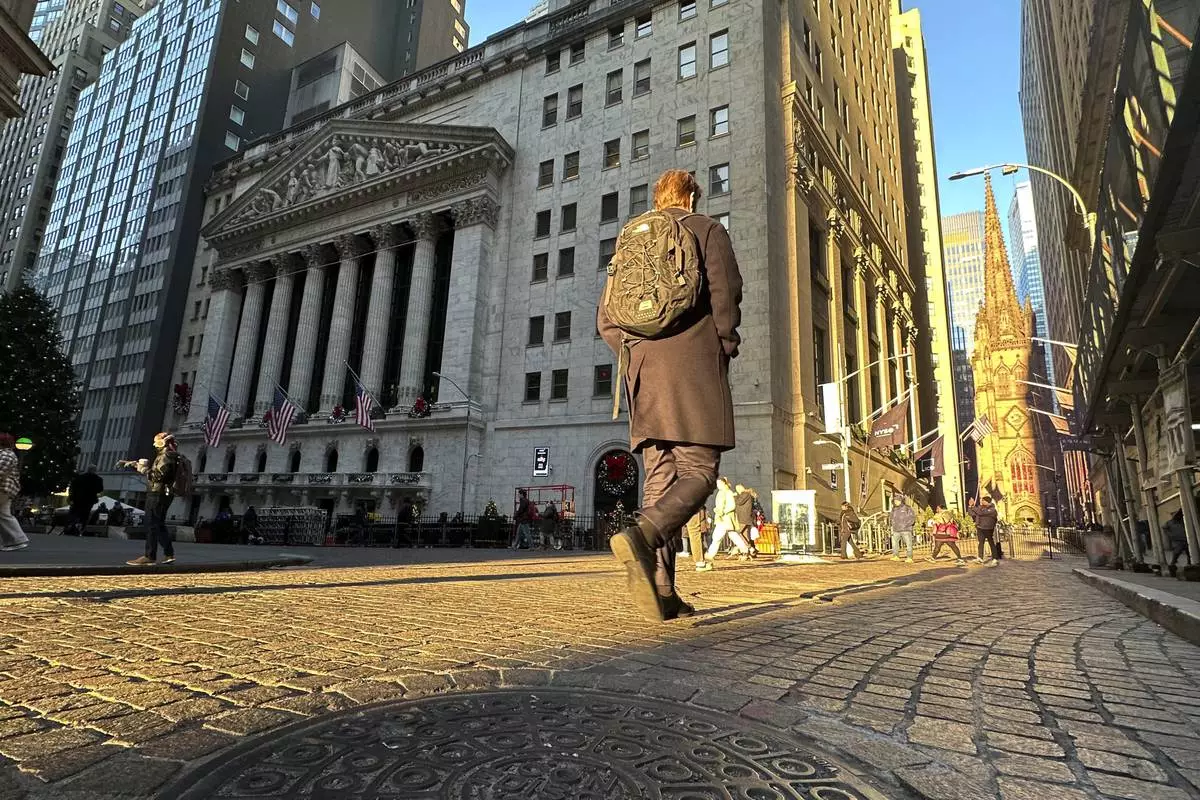
A person walks on Wall St. near the New York Stock Exchange in New York's Financial District on Wednesday, Dec. 4, 2024. (AP Photo/Peter Morgan)
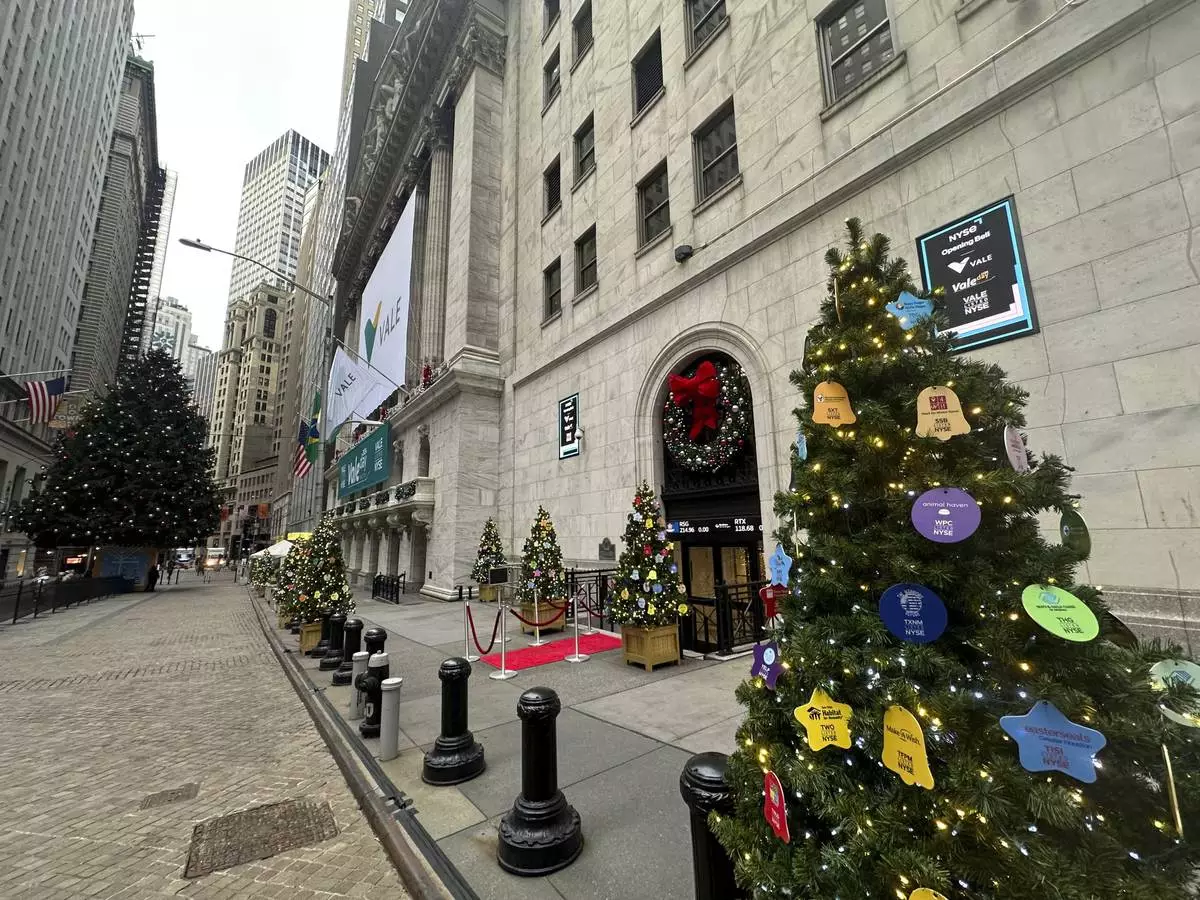
Holiday decorations are shown in front of the New York Stock Exchange in New York's Financial District on Tuesday, Dec. 3, 2024. (AP Photo/Peter Morgan)

FILE - Pedestrians cross Wall Street in New York's Financial District on Nov. 19, 2024. (AP Photo/Peter Morgan, File)
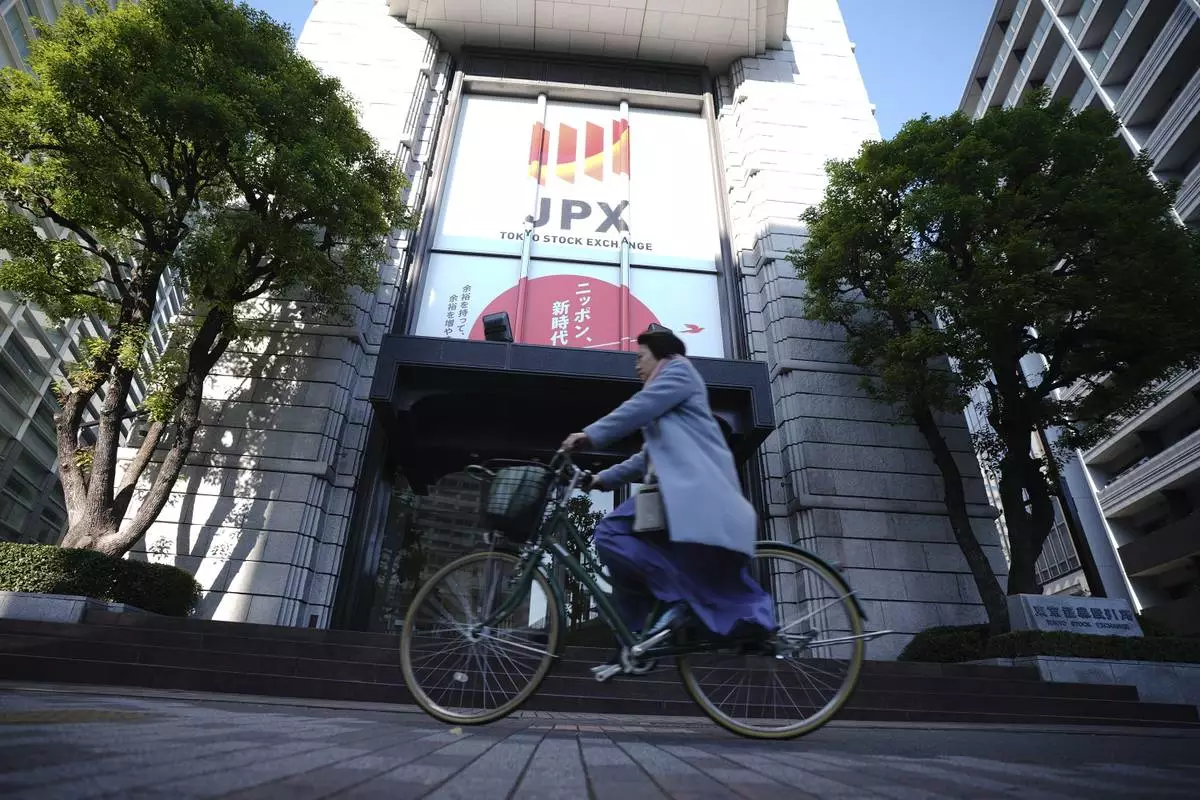
A person rides a bicycle in front of Tokyo Stock Exchange building Tuesday, Dec. 3, 2024, in Tokyo. (AP Photo/Eugene Hoshiko)

Currency traders watch monitors at the foreign exchange dealing room of the KEB Hana Bank headquarters in Seoul, South Korea, Tuesday, Dec. 3, 2024. (AP Photo/Ahn Young-joon)










